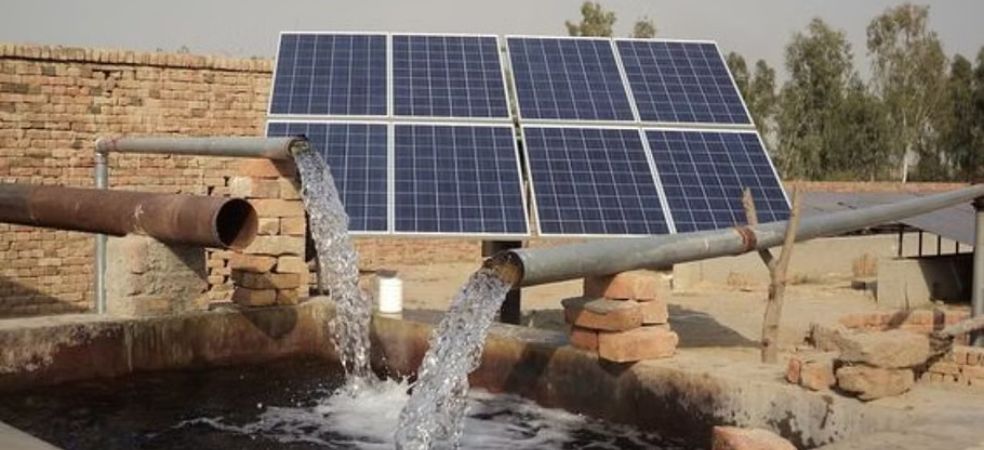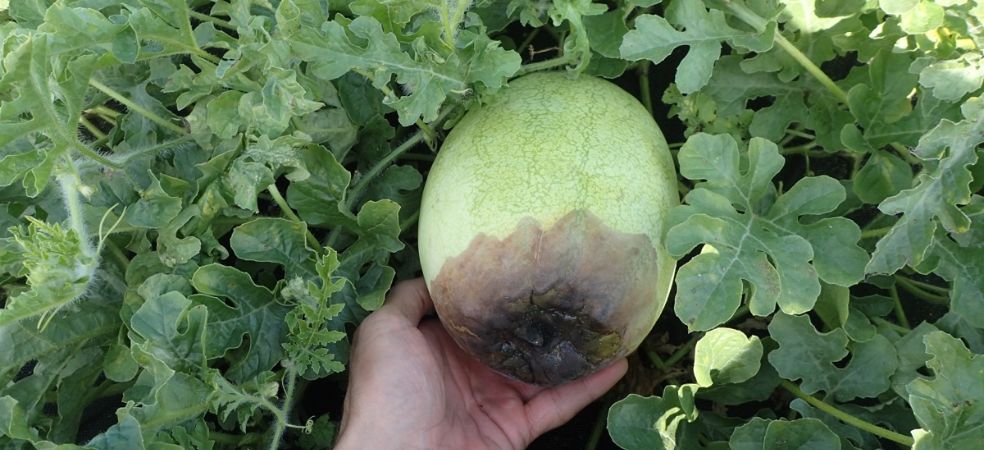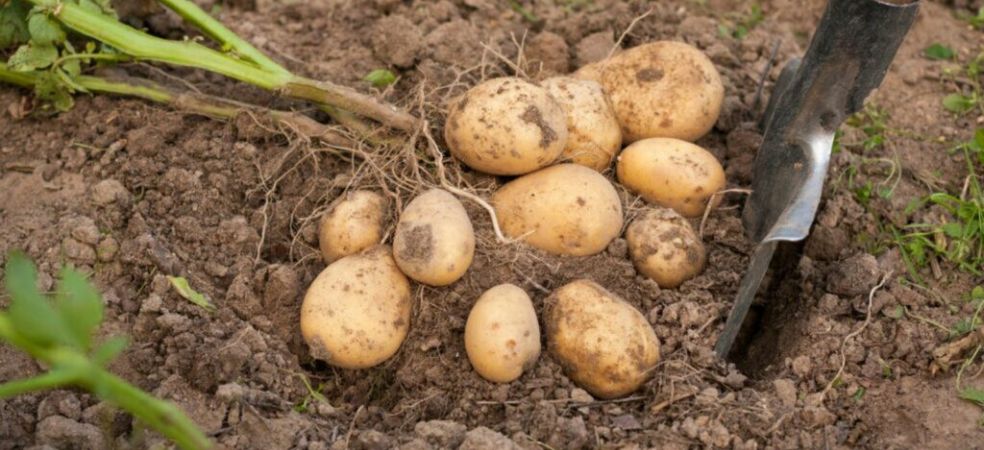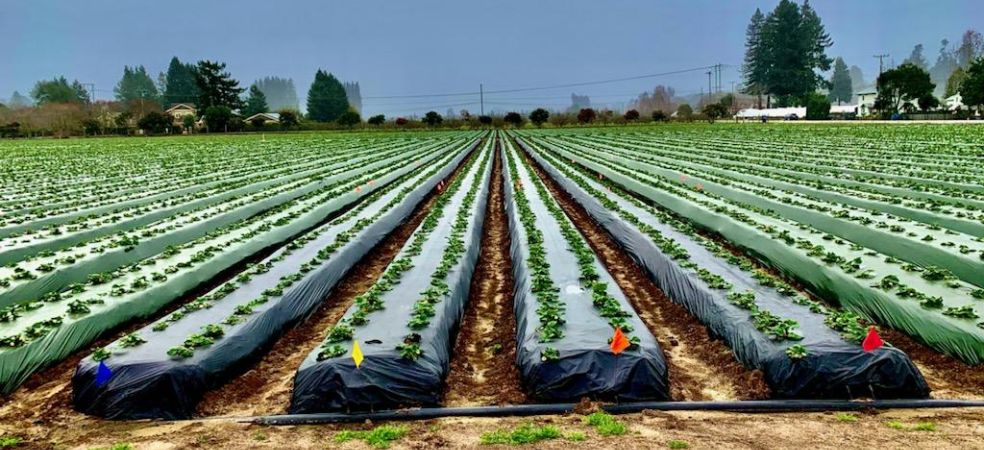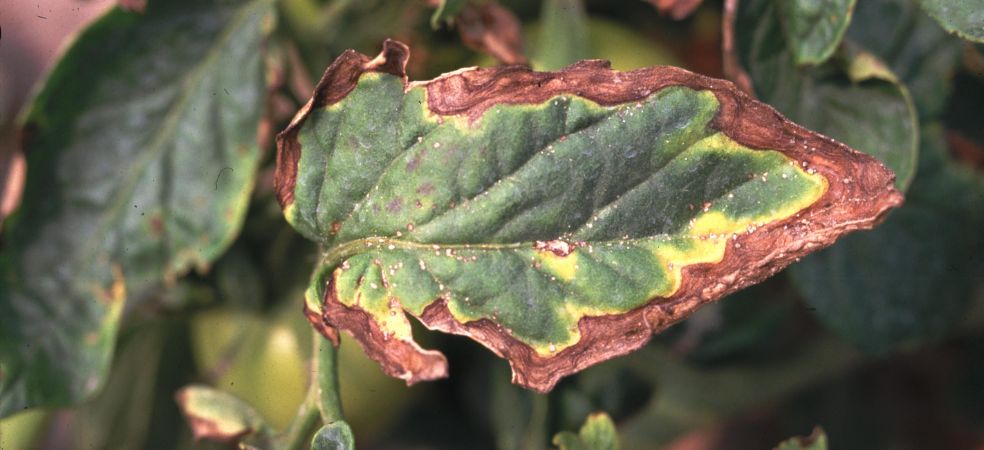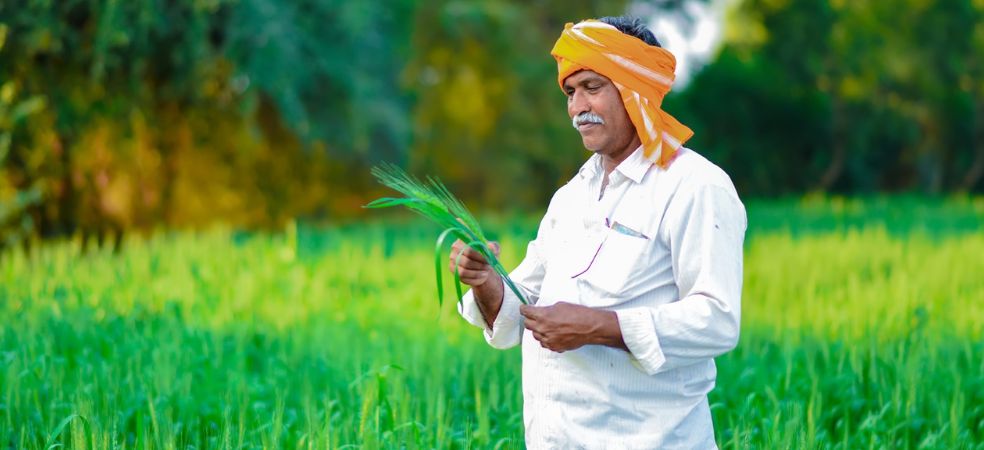Farmers in Uttar Pradesh are benefiting from the Kusum Scheme launched by the state government to address electricity shortages. This scheme allows farmers to install solar pumps at a substantial subsidy, reducing irrigation costs significantly while improving crop production through proper irrigation.
Under the scheme, farmers can get solar pumps installed for just ₹23,900. Without the subsidy, this installation would cost up to ₹2.5 lakh—a sum that is often unaffordable for many farmers. To address this, the government provides solar pumps at minimal costs under the scheme.
For Scheduled Tribe farmers, the subsidy extends to 100%, allowing them to install solar pumps entirely free of cost. In addition to supporting irrigation, farmers can generate income by selling excess energy produced by the solar plant.
Farmers interested in availing of this scheme can apply online via the official website of the Uttar Pradesh government. For more details, they can also visit their nearest electricity department office or check the PM Kusum portal for Uttar Pradesh.
Source: Krishi Jagran
ShareFor updates on beneficial government agricultural schemes and other agricultural sector information, read Gramophone’s articles daily. Don’t forget to share this article with your friends using the share button below!

